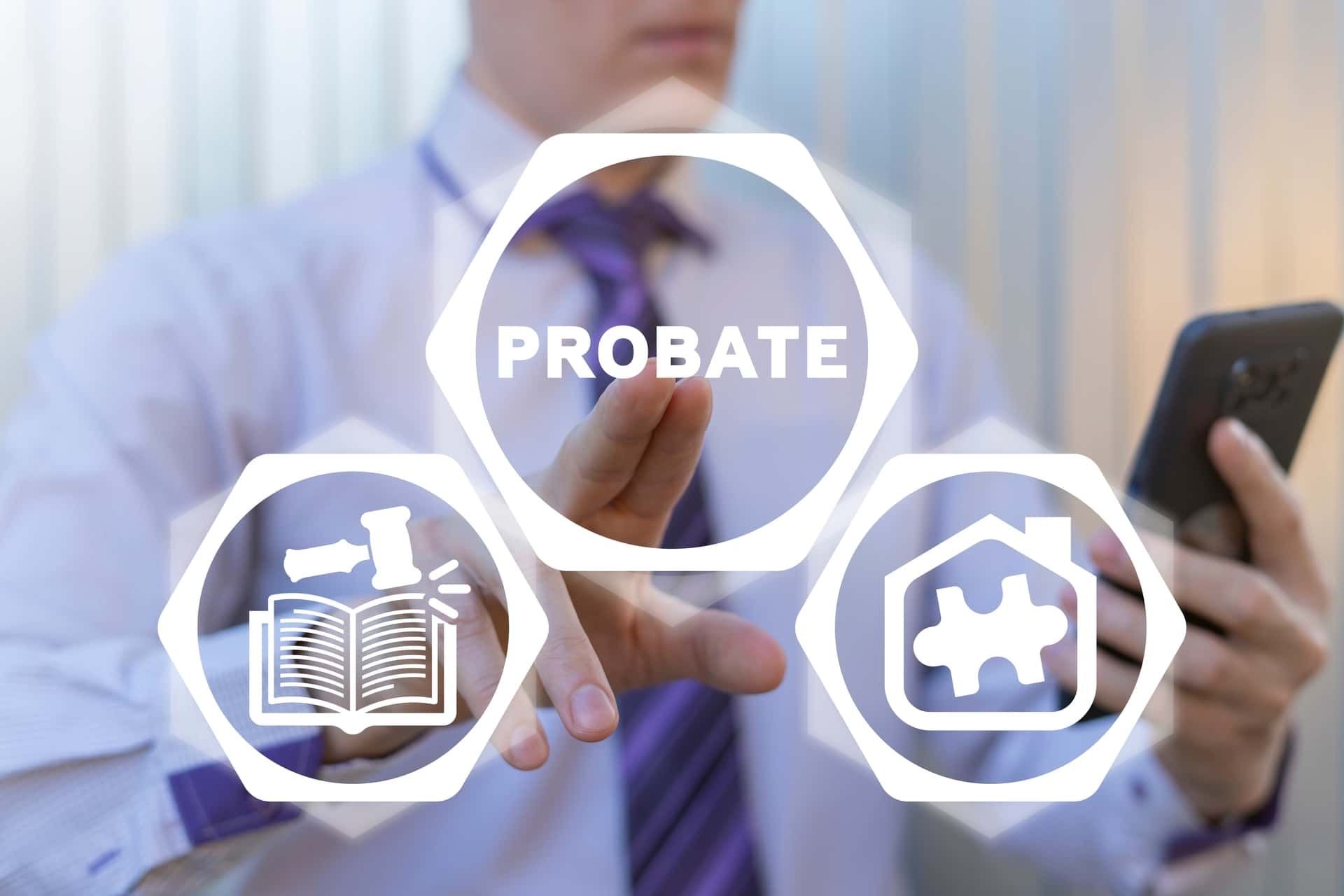How To Deal With Greedy Siblings In Inheritance-Related Matters?
Inheritance and greedy siblings go hand in hand. In fact, some siblings will use sketchy tactics to take more money than they’re entitled to, an issue that can be very hard to reverse.
More often than not, these types of people will start manipulating their parents while they’re still alive, convincing them to alter their estate plan in their favor. Sure, everyone looks out for their own interest, but doing this often leaves other family members without their fair share of inheritance.
Still, this behavior may also occur after the parent has passed away. A sibling named as the personal representative of the state may misappropriate funds for their benefit, and may even steal valuables before the official inventory takes place.
If you suspect any of the above is happening, you may need to take legal action to reclaim your share of the estate.
In this post, we’ll explore the legal remedies available for those dealing with inheritance greedy siblings. Here are some common scenarios you can expect to see.
1. Sibling Convincing a Parent To Transfer Property
Inheritance greedy siblings often move very quickly and will do everything they can to make sure the property goes to them while the parents are still alive. Oftentimes, this happens with those close to the parent geographically or emotionally. There are situations where the child has taken the role of the caregiver, with the parent depending on them daily - a fact that allows them to manipulate the situation in their favor.
There’s a legal remedy, though. If you notice any warning signs or learn that the property was transferred to the other sibling before the parent’s death, you can file a lawsuit to effectively nullify the transfer. For example, you can argue that undue influence took place, in which case, you’ll need to:
- Establish a motive - typically very clear
- Establish an opportunity - can be proven by demonstrating proximity
- Provide evidence of undue influence.
The last aspect is a little trickier because these events tend to come about behind closed doors. However, circumstantial evidence can be helpful. This may include medical records indicating the parent was in a physically weakened state, evidence of the reliance on the greedy sibling, and records showing that the sibling enlisted legal help in preparing the transfer of the property.
There’s one more thing worth noting - you can only bring this lawsuit after your parents pass away.
2. Sibling Abused Power Of Attorney To Transfer Assets To Themselves
Your parents may have executed a
power of attorney at the time when they had the capacity to do so. If they appointed their child as an agent, your brother or sister has the authority to manage all property and financial affairs.
In this situation, the sibling has the duty of care toward the parent, meaning they have to act in the best interests of the principal (the parent). If they transfer the property to themselves for a price under the market value, they’re legally considered to be self-dealing. As such, you should hire an estate attorney who can take action and help you render the transfer of the assets void.
3. Sibling Manipulated a Parent into Changing the Terms of The Will
Inheritance greedy siblings may also convince the parent to change an existing will or create a new one that excludes other siblings. In this case, you can claim that there was undue influence over the parent when they changed or drafted the will.
As a result, the court may deny probate and distribute the estate according to Florida intestacy laws instead, ensuring all siblings inherit the same slice of the pie.
Regardless of why you were cut off from the will, you can always contest it on the grounds that the entire will or certain provisions were written under undue influence. You only need to prove that the undue influence occurred (the way we described above), and there’s a high probability that you’ll be successful.
4. Sibling Stealing The Property From The Estate
A sibling may take valuable property from the parents’ home before the official inventory of the estate is completed.
If any property goes missing, then the estate’s personal representative can start discovery and turnover proceedings to recover the stolen property. This involves inquiring third parties to figure out the whereabouts, after which a turnover proceeding is instituted. A formal request is filed, and the person in possession of the assets has to return them to the estate.
5. Sibling Misappropriated Estate Funds
The personal representative of the estate is tasked with administering the assets and has a fiduciary duty to act in the beneficiaries’ best interest. Inheritance greedy siblings, if given this role, may try to use the estate funds for their own interest. In that case, they can be held responsible for misappropriation of estate assets.
You can remove the greedy sibling from the position and ask them to surcharge the estate. Similarly, if they’re selling property to someone else below market value, you can file a restraining order to nullify the sale of property. In any case, the sibling who misappropriated the funds will be forced by the court to pay for any damages the estate suffered due to the mismanagement.
Put A Stop To Greed
In most situations where a sibling tries to swindle another out of an inheritance, there are several legal remedies a wronged party can pursue to put a stop to the predatory behavior.
You can’t do it all alone. These matters are often technical in nature and require the careful hand of a qualified estate attorney.
Here at the
Law Offices of Mary E. King, we specialize in
estate planning and can help protect the wishes of your parents and the interests of your siblings. With our legal expertise and careful understanding of interpersonal conflicts that may arise during inheritance proceedings, you can rely on us to make things right and see to it that everything is fair moving forward.
Schedule an appointment now by calling
941-906-7585 or
filling out our contact form.
FAQs
1. What should I do if my sibling is being unreasonable?
Try to understand their perspective calmly and suggest mediation or legal intervention if necessary.
2. How do I avoid inheritance disputes with my siblings?
Foster open communication and consider drafting clear wills or estate plans to minimize ambiguity.
3. Can a mediator really help in resolving family conflicts?
Yes, a skilled mediator can facilitate constructive dialogue and guide siblings towards fair compromises.
4. Should I consider writing a will to avoid future issues?
Yes, creating a will can clarify intentions and prevent misunderstandings among siblings.
5. How can I maintain a healthy relationship with my siblings post-inheritance?
Focus on shared memories and values, prioritize empathy, and avoid dwelling solely on material possessions.
Note:
The information in this blog post is for reference only and not legal advice. As such, you should not make legal decisions based on the information in this blog post. Moreover, there is no lawyer-client relationship resulting from this blog post, nor should any such relationship be implied. If you need legal counsel, please consult a lawyer licensed to practice in your jurisdiction.
Disclaimer: The information on this website and blog is for general informational purposes only and is not professional advice. We make no guarantees of accuracy or completeness. We disclaim all liability for errors, omissions, or reliance on this content. Always consult a qualified professional for specific guidance.
RECENT POSTS
CONTACT US






